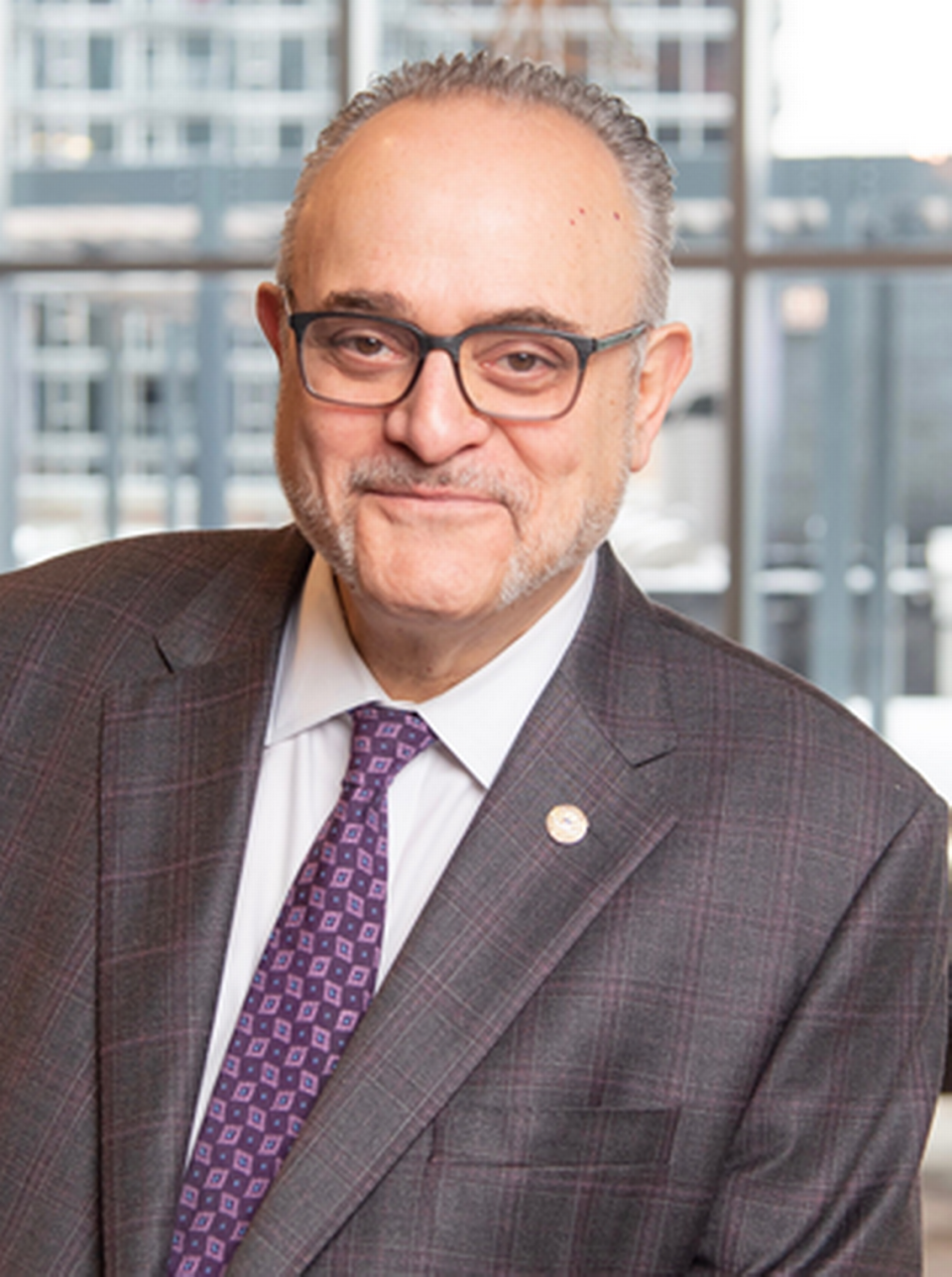Florida gave unmarried fathers equal parental rights. Other states should do it, too | Opinion
- Oops!Something went wrong.Please try again later.
Florida’s new law that gives more parental rights to unmarried biological fathers should be copied across the nation.
The law, signed by Gov. Ron DeSantis, goes into effect July 1 and gives unmarried men who have proven they are a child’s biological father the same rights and responsibilities that the child’s mother has. This is important because, although this is 2023 and many families consist of unmarried parents, unwed fathers were not afforded the same rights as unwed mothers in Florida.
Last month, a local ABC affiliate in Tallahassee featured a story about a father who was fighting for custody of his 5-year-old daughter, given up for adoption at birth by her mother, without the father’s knowledge or consent. But had he known, it likely wouldn’t have mattered because, as an unmarried father, his consent did not matter.
Another father profiled by the news station related that, even though he took care of his 8-year-old son for the first seven years of his life, one day the child’s mother picked up the son and moved him to another country. He had little recourse because he was not married to the mother.
This law gives unwed biological fathers parental rights automatically. Without it, they often have to hire attorneys and spend a lot of time and money fighting for things like visitation rights and a say in medical care and schooling. It can be a long and expensive process that punishes those without the financial resources to fight for rights that will now be automatic, at least in Florida.
It’s important to note that the Florida bill that became law was a bipartisan effort, which gives me hope that other states can follow the Sunshine State’s lead. In addition, giving unwed fathers parental rights does not come at a cost to mothers. While there may be disputes between some parents, there also will likely be constructive debate between other parents — and even cooperation.
Perhaps the best thing about this law is that the children will benefit most, as it should ensure that fathers have a say in decisions and, thus, are a part of their children’s lives.
Numerous studies have shown that children tend to do much better behaviorally and emotionally when both of their parents play a meaningful role in their lives. Children who are raised in sole custody households, studies show, are more likely to develop behavioral problems than those who spend time with both parents.
Children with no father also are more likely to fall into criminal behavior. The Fatherhood Educational Institute’s statistics showing that 72% of all teenage murderers grew up without fathers; 60% of rapists were raised in fatherless homes; 70% of kids now incarcerated in juvenile corrections facilities grew up in a single-parent environment. Additionally, a growing body of evidence shows a high correlation between fatherlessness and violence among young men — especially violence against women.
This law will keep many fathers in their children’s lives and is a good thing. It is also something that state legislatures across the country should emulate.
Jeffery M. Leving is founder and president of the Law Offices of Jeffery M. Leving Ltd. He is the author of “Fathers’ Rights,” “Divorce Wars” and “How to be a Good Divorced Dad.”


